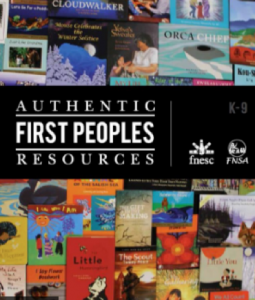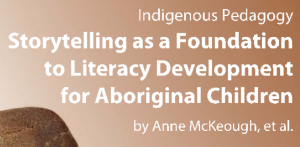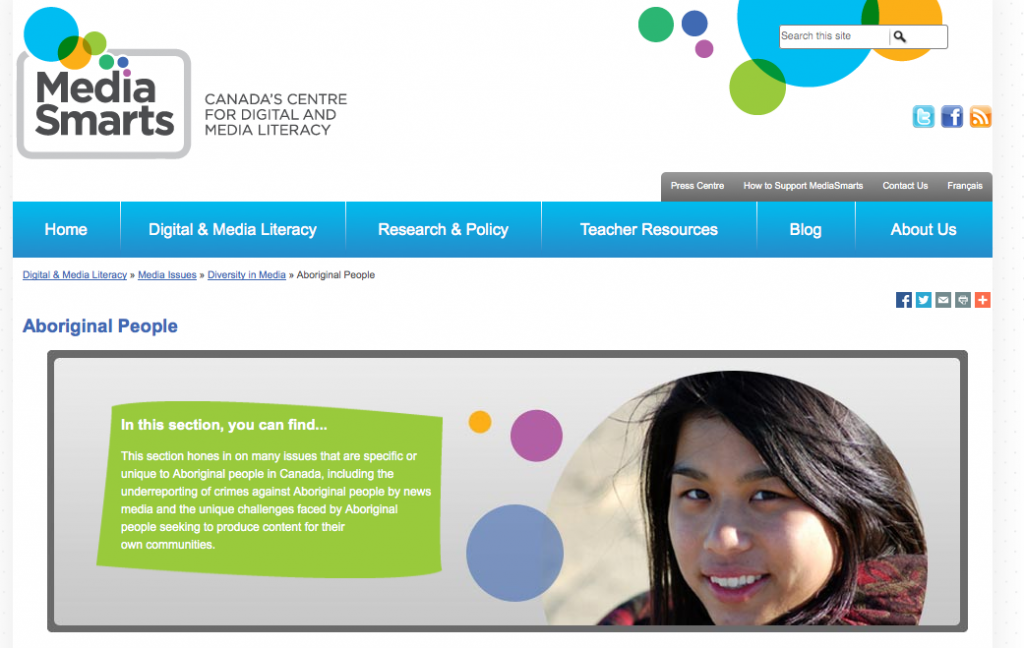Here are my first 5 websites/resources all with a focus on literacy, literature and storytelling with a digital lens:)
http://digitalstorytellingforall.weebly.com/
This website was created as a resource highlighting the history of storytelling and how using digital stories can bring storytelling into the digital age. Storytelling has always been a means to pass knowledge and teaching to the younger generation in Indigenous communities.
With the release of the findings and recommendations from the Truth and Reconciliation Commission in 2015, these teachings are even more important to preservice Indigenous cultures in Canada to teach youth about ethics, concepts and practices found within each nation.
http://canlitforlittlecanadians.blogspot.ca/2014/06/aboriginal-perspectives-in-youngcanlit.html ![]()
Although this website celebrates many different books by Canadian authors, this link is directly to a celebration of literacy through picture books honoring the heritage, achievements and cultures of the Aboriginal peoples of Canada. It was created to celebrate National Aboriginal History month.
http://www.aadnc-aandc.gc.ca/eng/1316530132377/1316530184659#un4
This is the website for Indigenous and Northern Affairs Canada. Here we can find many classroom activities for young children to reinforce the culture of Indigenous groups in Canada in public school classrooms. With an emphasis on storytelling, the 6 major regions of First Nations in Canada are represented. Audio clips of First Nation legends are available for the teacher to use in her learning environment.
The annotated listings provided in this guide identify currently available authentic First Peoples texts that students can work with to meet provincial standards related to literacy as well as a variety of specific subject areas.
The guide is intended to help BC educators introduce resources that reflect First Peoples knowledge and perspectives into classrooms in respective ways. The inclusion of authentic First Peoples content into classrooms supports all students in developing an understanding of the significant place of First Peoples within the historical and contemporary fabric of this province and provides culturally relevant materials for Indigenous learners in British Columbia.
This resource examines the importance of Storytelling as the foundation for literacy development for Aboriginal children. There is substantial evidence that Aboriginal youth face serious challenges in schooling, in general, and in literacy development, specifically. Thus, it is essential to design early literacy programs that engage Aboriginal children and produce positive outcomes. In this article, the authors propose that such programs include oral storytelling by teachers and students because it is a precursor to reading and writing across cultures and a traditional Aboriginal teaching tool. Links to research could support an exploration of literacy development in the Aboriginal population.




